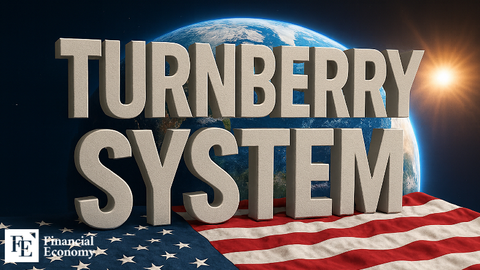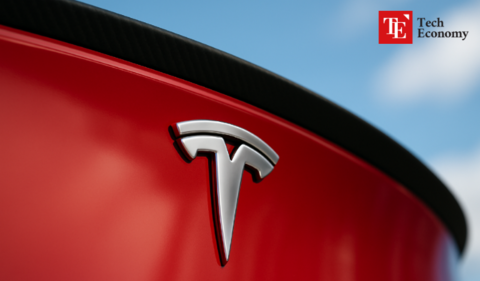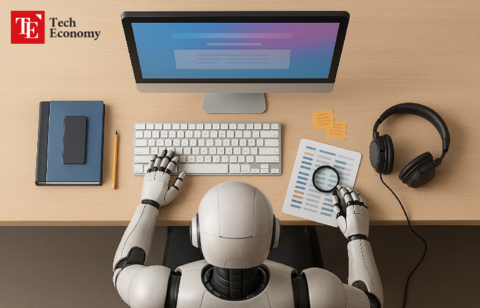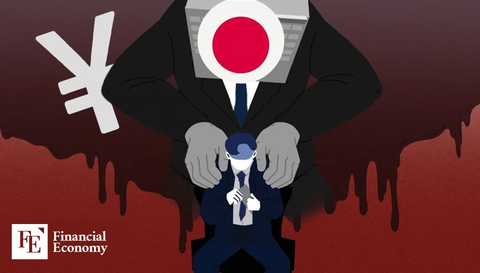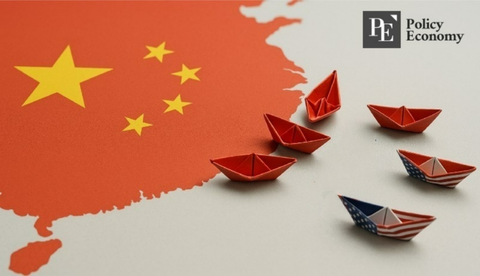U.S. Government and Congress Oppose Apple-Alibaba AI Partnership: “Concerns Over Technological Dependence”
Input
Changed
U.S. House: "Alibaba Symbolizes Chinese Communist Party Strategy" Concerns Apple May Ignore iPhone Users' Basic Rights Apple Retreating in Chinese Market — A Strategy of Survival, Not Competition
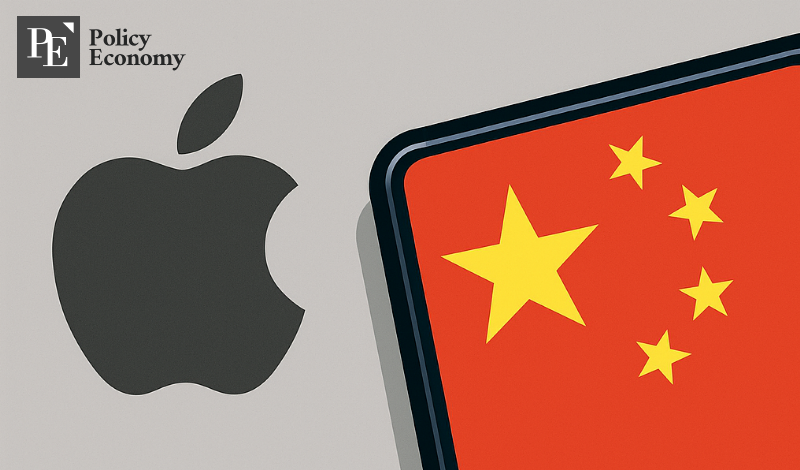
Apple’s strategic maneuver to embed artificial intelligence (AI) features in its iPhones sold in China—by partnering with domestic tech giant Alibaba—has stirred a strong backlash in Washington. The move is seen not just as a business decision but as a geopolitical flashpoint, raising red flags about national security, technological sovereignty, and the growing complexity of U.S.-China tech entanglement. While Apple aims to secure a competitive edge in the world’s largest smartphone market, critics fear that the partnership could empower China’s AI capabilities and weaken Apple’s autonomy in the global tech landscape.
Apple-Alibaba Collaboration Triggers National Security Concerns
According to reports from The New York Times and other foreign media, the U.S. government and Congress have been quietly scrutinizing Apple’s efforts—ongoing for several months—to integrate Alibaba’s AI into iPhones sold in China. This collaboration would allow Apple to offer localized AI functions in compliance with Chinese regulations, but officials in Washington are alarmed. They worry that the deal could accelerate China’s domestic AI progress, widen the functionality of chatbots that operate under state-imposed censorship, and expose Apple more deeply to Beijing’s rigid data-sharing and surveillance laws.
This unease is not without context. Across the U.S. intelligence and defense communities, AI is increasingly viewed as a dual-use technology with significant military implications. No longer limited to automating emails or generating software code, AI is now seen as a tool with potential applications in coordinating drone strikes and other forms of autonomous warfare. In response, the U.S. has been tightening controls to restrict Chinese access to cutting-edge AI systems and advanced semiconductor chips. The Apple-Alibaba deal, therefore, is seen as potentially undermining this strategy.
The political resistance has become vocal. Representative Raja Krishnamoorthi (D-IL), the ranking member of the House Permanent Select Committee on Intelligence, called the partnership misguided, stating, “Alibaba symbolizes the Chinese Communist Party’s strategy of military-civil fusion. I don’t understand why Apple would choose to collaborate with Alibaba in the AI sector.” He added that the deal could facilitate Alibaba’s access to sensitive user data—data it could use to improve its own AI models—and expressed concern that Apple might ignore the fundamental rights of Chinese iPhone users in the process.
From Tech Leader to Tech Enabler? Apple’s China Dependence Under Scrutiny
The controversy comes amid a broader re-evaluation of Apple’s role in China’s technological ascent. What once appeared to be a pragmatic and highly profitable outsourcing model is now being criticized as a long-term strategic liability. Patrick McGee, former Financial Times Apple correspondent, makes this case forcefully in his new book, Apple in China: The Capture of the World’s Greatest Company. He argues that Apple’s deep reliance on Chinese supply chains has created what he calls an “existential vulnerability” for both the company and U.S. innovation at large.
McGee documents how Apple transferred critical manufacturing capabilities and know-how to China—particularly through its major suppliers like Taiwan-based Foxconn. Since the early 2000s, Apple has invested heavily in training and infrastructure in China. By 2008 alone, the company had trained over 28 million workers in the country—more than the total workforce of California. These workers acquired expertise in assembling complex iPhone components, producing touchscreens, and managing high-volume production lines.
The unintended consequence, according to McGee, is that these once-exclusive technologies gradually made their way into the hands of rising Chinese competitors like Huawei, Xiaomi, Vivo, and Oppo. These firms have since closed the technological gap and gained significant market share both domestically and globally. McGee likens this wholesale technology transfer and supply chain development to a geopolitical event on par with the fall of the Berlin Wall, signaling a fundamental shift in global power dynamics.
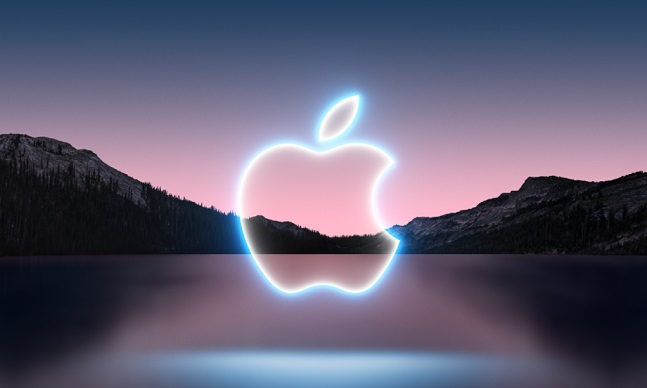
High-Stakes Gamble in China Amid Mounting Pressure
The Apple-Alibaba partnership is not happening in a vacuum. It follows years of escalating tension between the U.S. and China over technology. In 2022, U.S. officials pressured Apple to scrap a deal with Yangtze Memory Technologies Corporation (YMTC), a Chinese supplier of memory chips, citing national security concerns. Apple eventually backed out. More recently, U.S. tariffs on China-made electronics, including the iPhone, have put Apple’s profit margins at risk—highlighting how trade policy is increasingly reshaping global supply chains.
Despite this political heat, Apple continues to push forward in China, largely because of the market’s sheer size and economic importance. China accounts for nearly one-fifth of Apple’s global revenue. With the next generation of iPhones expected to be heavily AI-driven, Apple believes that rolling out advanced features like AI-powered assistants, personalization, and real-time translation in China will require integration with local partners that comply with Chinese regulations. This is where Alibaba, with its domestic credibility and infrastructure, becomes indispensable.
However, Apple’s position in China is under pressure not just from Washington but also from local competitors. Facing stiff competition from Huawei and Xiaomi, Apple has taken the unusual step of launching a major price-cutting campaign in the Chinese market. According to the South China Morning Post, Apple has slashed iPhone prices by as much as 30%, with models being sold for as little as $346. While the company has not officially announced a markdown, e-commerce platforms and retail outlets across China are advertising discounts of up to USD 176 per device.
The timing of these price cuts coincides with a new Chinese government policy to stimulate domestic consumption. Under the program, smartphones priced below $830 are eligible for a subsidy of up to $70. Apple initially missed the threshold, but after reducing the price of the iPhone 16 Pro 128GB model by $275 to exactly $830, it became eligible for the subsidy. The final price of the device is now lower in mainland China than in Hong Kong—a rare occurrence that underscores Apple’s aggressive pricing strategy to maintain its foothold in a turbulent market.
Despite these efforts, Apple is losing ground. In the first quarter of 2025, its smartphone shipments in China dropped by 9% year-over-year to 9.8 million units—making it the only brand among the top five to register a decline, according to market research firm IDC. In the tablet segment, Apple’s market share fell by two percentage points to 22.5%, while Huawei surged ahead with 34.5%. Xiaomi also saw gains, increasing its share to 16.8%.

